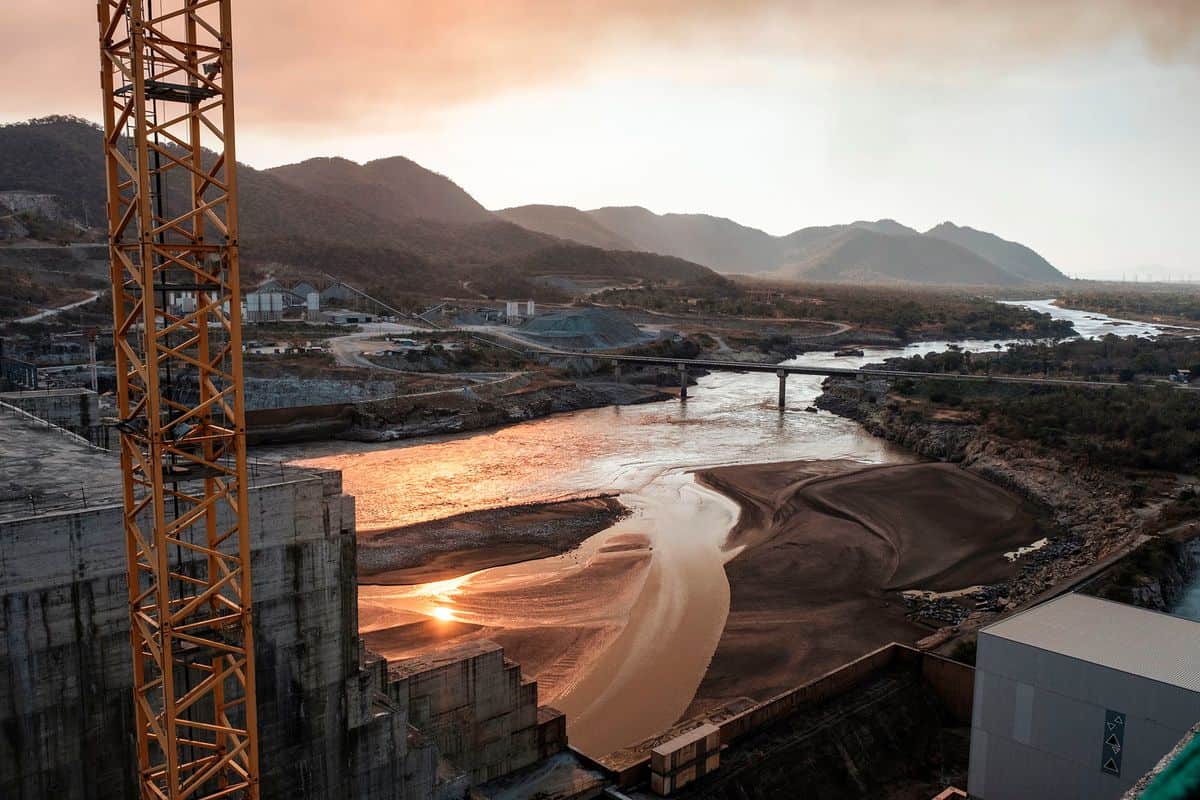Egypt has warned Ethiopia against the filling of the Grand Ethiopian Renaissance Dam (GERD) reservoir, saying that it would not tolerate any encroachment on its water rights or threat to its water security.
In a letter sent to the President of the UN Security Council, Egyptian Foreign Minister Sameh Shoukry dismissed the unilateral filling of the dam reservoir as “a clear violation of the 2015 Declaration of Principles Agreement and a grave violation of the applicable rules of international law” that oblige Ethiopia, as an upstream country, not to harm the rights of downstream countries”.
He stressed that in spite of Egypt’s deep belief in the necessity of reaching an agreement on the GERD that achieves the common interest of the all parties, it would not tolerate any prejudice to its rights or water security or any threat to the capabilities of the Egyptian people, for whom the Nile River represents the only lifeline.
According to of Foreign Affairs Spokesperson, Egypt received a message from the Ethiopian side on 26 July stating that Ethiopia would continue filling the GERD reservoir during the current flood season – which takes place from July till September -, a measure that Egypt “rejects and considers as a violation of the obligations imposed by international law on Ethiopia”.
The Egyptian foreign minister called on the Security Council to assume its responsibilities in this regard, including by intervening to ensure the implementation of the presidential statement issued by the Council, which obligates the Egypt, Sudan and Ethiopia to negotiate in order to reach an agreement on the GERD as early as possible.
He renewed Egypt’s demand for Ethiopia to be responsible and comply with the rules of international law and the principles governing transnational watercourses.
The foremost of such rule is avoiding significant damage, and holding the full responsibility for any significant harm to Egyptian interests that may result from Ethiopia’s violation of its aforementioned obligations, he noted.
The minister underlined that Egypt also reserves its legitimate right guaranteed in the Charter of the United Nations to take all necessary measures to ensure and protect its national security, including against any risks that Ethiopian unilateral measures may cause in the future.







